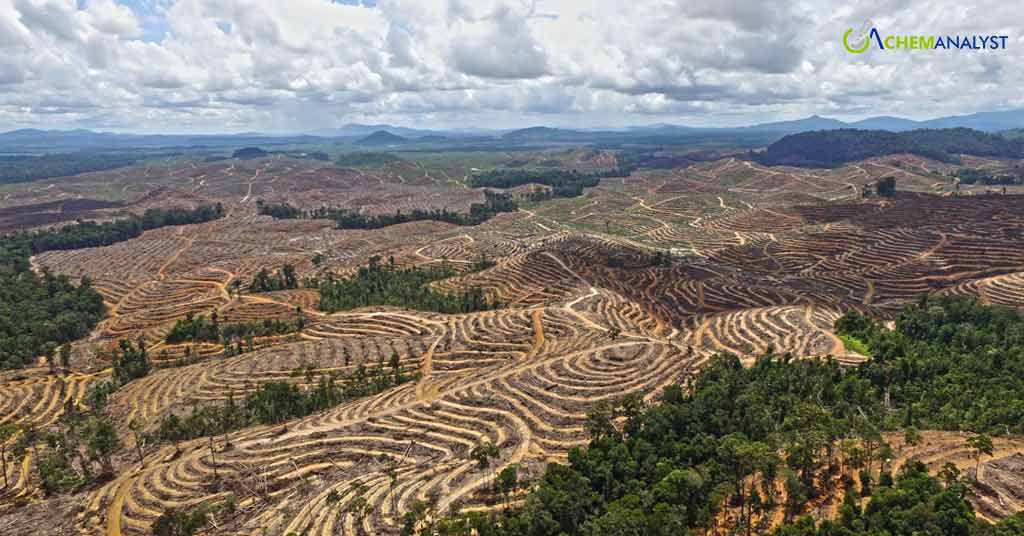Welcome To ChemAnalyst

Deforestation for oil palm plantations has seen a resurgence in Indonesia, the world's largest palm oil producer, marking the second consecutive year of increased forest loss and reversing a decade-long trend of decline. Notably, approximately one-third of the deforestation recorded in 2023 took place on carbon-rich peatlands, amplifying concerns over potential greenhouse gas emissions as these areas are cleared and drained to make way for plantation expansion.
Traditionally, deforestation activities for palm oil plantations in Indonesia were concentrated on the island of Sumatra. However, the recent surge observed over the past two years has predominantly occurred on the islands of Indonesian Borneo and Papua.
Among the entities contributing significantly to deforestation is the company Ciliandry Anky Abadi (CAA), whose three subsidiaries were responsible for clearing 2,302 hectares (5,688 acres) across their concessions. An investigation conducted by The Gecko Project has linked CAA to the Indonesian conglomerate First Resources, a member of the Roundtable on Sustainable Palm Oil (RSPO)—the world's largest association for ethical palm oil production.
The investigation alleges that First Resources utilized "shadow companies" to bypass sustainability standards while maintaining an image of environmental responsibility, having pledged to achieve zero-deforestation in 2015. Since the announcement of this pledge, companies under the control of First Resources have reportedly cleared over 95,000 hectares (235,000 acres) of forest.
In a significant development, a coalition of Indonesian civil society organizations submitted fresh allegations against First Resources in January of this year, leveraging new evidence gathered from The Gecko Project's investigation. Documents obtained during the investigation indicate potential breaches of the current RSPO Group Membership rules, which mandate the compulsory registration of corporate groups under a single membership.
The ongoing complaint against First Resources represents the first test of the robustness of the 2020 RSPO Membership Rules and is presently in the deliberation phase. This phase precedes the formal commencement of a thorough investigation, which is anticipated to consider the new evidence provided by The Gecko Project.
First Resources has emphasized that it has not procured any palm oil products from CAA and NBA/Sulaidy Group and asserts its commitment to refraining from engaging with companies that fail to comply with its Policy on Sustainable Palm Oil. Consequently, First Resources maintains that it cannot be held accountable for the actions or inactions of CAA or NBA/Sulaidy Group.
Moreover, in an effort to ensure transparency and fairness, First Resources has initiated an independent investigation into the matter. It urges all concerned parties to respect the ongoing process and await the outcome before drawing conclusions or making assertions.
We use cookies to deliver the best possible experience on our website. To learn more, visit our Privacy Policy. By continuing to use this site or by closing this box, you consent to our use of cookies. More info.
